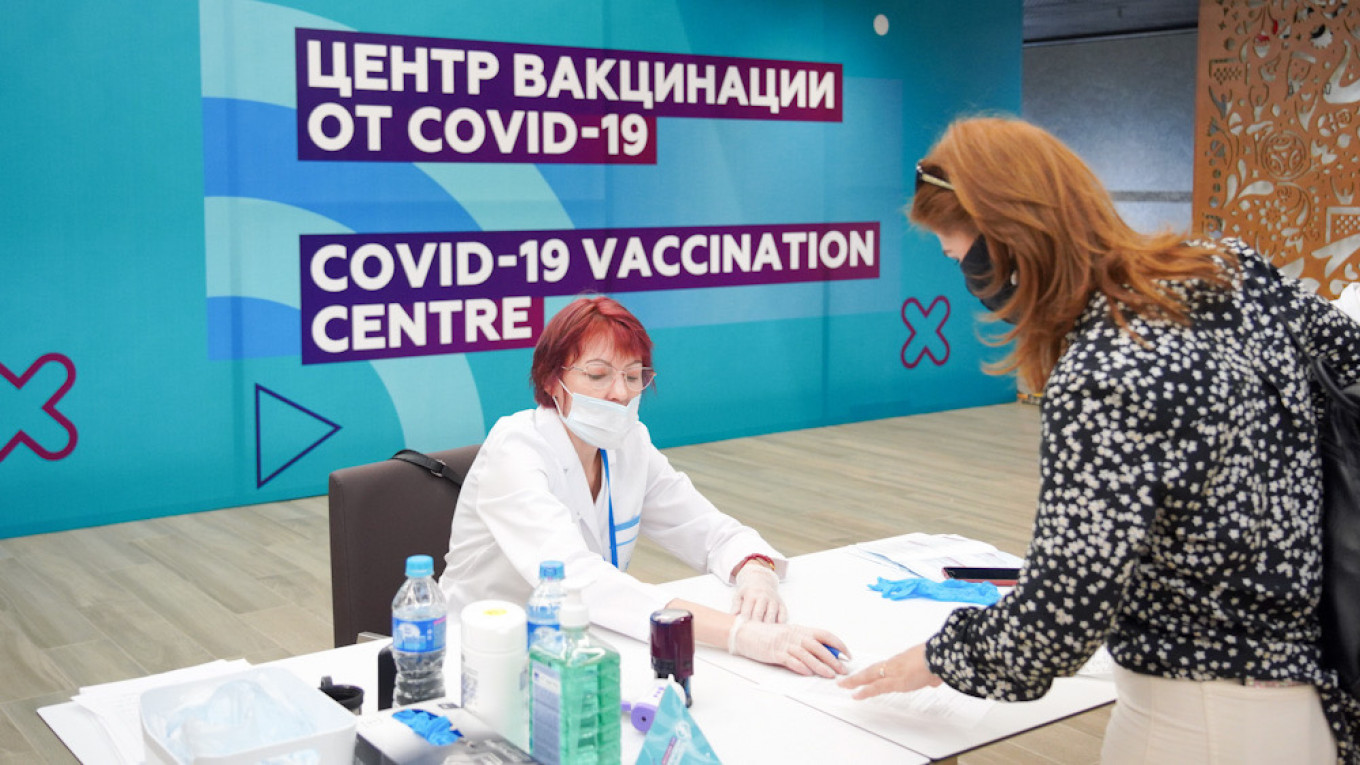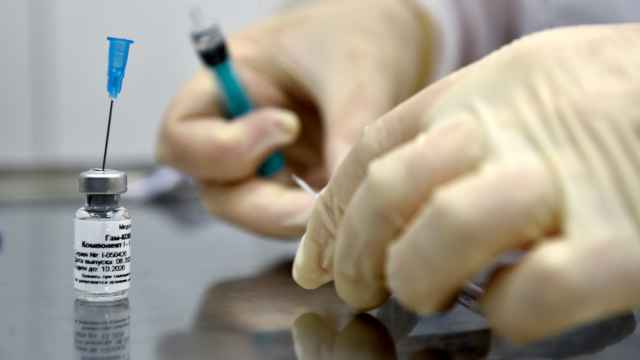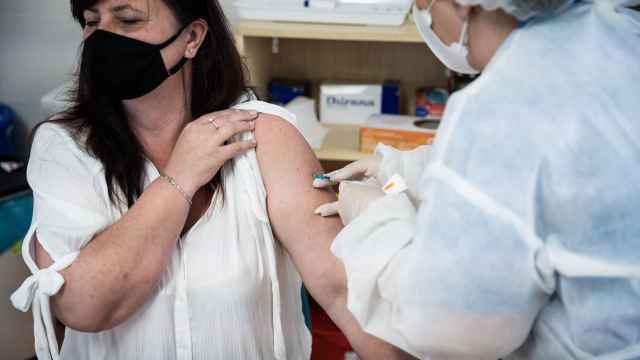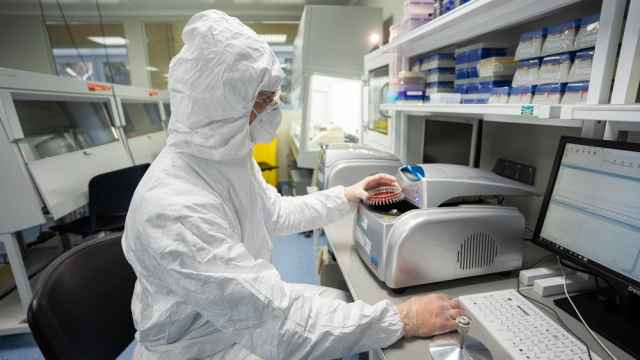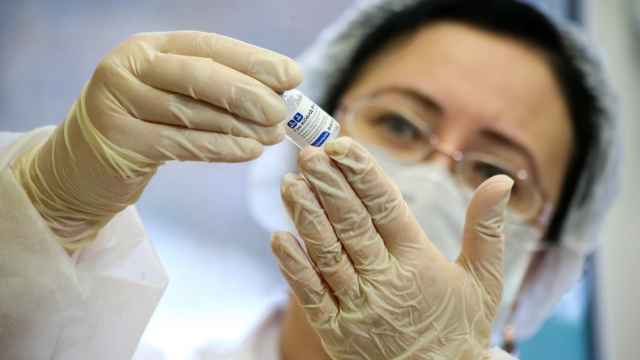The European Union has approached Russia for talks on recognizing each other’s coronavirus vaccination certificates, EU Ambassador to Russia Markus Ederer said Thursday.
The EU launched its own digital vaccination certificate on July 1, allowing vaccinated EU citizens to travel freely within the 27-member bloc. As the certificate only recognizes vaccines authorized by the EU, those vaccinated with Russian-made jabs — the only vaccines available within Russia — are ineligible, limiting their travel options.
"It would be very useful if our certificates with Russia were equivalent <...> so we turned to the Health Ministry with a proposal for such discussions,” the state-run TASS news agency quoted Ederer as saying at a press conference.
Ederer noted that the EU has a law that provides for the recognition of other vaccination certificates similar to its own.
Speaking to reporters following Ederer’s comments, Kremlin spokesman Dmitry Peskov said mutual recognition of vaccines and vaccine certificates “is something that must be discussed, of course.”
"A readiness for dialogue is always good, this is something that we hold in high regard," he added.
None of Russia’s four domestically developed vaccines have been authorized by the EU and Russia has likewise not authorized any foreign-made jabs.
The EU’s medicines regulator launched a rolling review of Russia’s Sputnik V vaccine in March. Last month, Reuters reported that the European Medicines Agency delayed Sputnik V’s approval due to the Russian side's failure to submit required data on time.
Peer-reviewed research published in January showed Sputnik V, which has been approved in around 70 countries including EU members Hungary and Slovakia, to be 91.6% effective.
Politico Europe reported earlier this month that Slovakia is looking to give away or sell the majority of its soon-to-expire Sputnik V stock as demand for the vaccine remains low.
Russian authorities themselves are struggling to raise public trust in Covid-19 vaccines, with only 16% of its population vaccinated and polls showing 54% of Russians unwilling to get a jab.
A Message from The Moscow Times:
Dear readers,
We are facing unprecedented challenges. Russia's Prosecutor General's Office has designated The Moscow Times as an "undesirable" organization, criminalizing our work and putting our staff at risk of prosecution. This follows our earlier unjust labeling as a "foreign agent."
These actions are direct attempts to silence independent journalism in Russia. The authorities claim our work "discredits the decisions of the Russian leadership." We see things differently: we strive to provide accurate, unbiased reporting on Russia.
We, the journalists of The Moscow Times, refuse to be silenced. But to continue our work, we need your help.
Your support, no matter how small, makes a world of difference. If you can, please support us monthly starting from just $2. It's quick to set up, and every contribution makes a significant impact.
By supporting The Moscow Times, you're defending open, independent journalism in the face of repression. Thank you for standing with us.
Remind me later.


